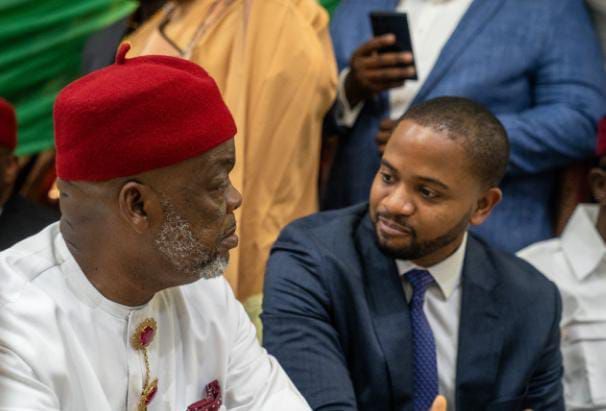
The South-East Development Commission (SEDC) has said it intends to grow the region's economy from its current $40 billion to $200 billion by 2035.
Mark Okoye, managing director of SEDC, said this in his inaugural speech, which was made available to journalists in Awka on Wednesday.
Okoye said that the inauguration of SEDC was the commencement of reconstruction of the South-East geopolitical region 54 years after the end of the civil war.
He said the task ahead was enormous, citing the World Bank's estimate that Southeast requires an annual investment of $10 billion for the next 30 years to bridge the infrastructure gap.
Okoye said that the region is currently facing numerous challenges, including a harsh investment climate due to security concerns, low ease of doing business, unemployment and 2,500 active erosion sites, which have displaced thousands of people.
The MD said that the Commission would rely on the support of President Bola Ahmed Tinubu, the governors of the five states, the private sector and strategic partnerships to lay the foundation for achieving the economic goals.
He said the SEDC had studied past regional development blueprints, including the visionary economic plans of Dr Michael Okpara, which laid the groundwork for our industrial and agricultural potential.
“Despite these obstacles, we remain a resilient and enterprising people. It is now up to us to shape the Southeast we envision within the framework of the Federal Republic of Nigeria.
“Working with the state governments, private sector ecosystem, and development partners, we will drive the South-East towards a $200 billion regional economy by 2035,
“We will not pay lip service to development, SEDC will prioritise action over rhetoric and results over promises,” he said.
In furtherance of Mr. President’s Renewed Hope Agenda, the Commission would prioritise security and investment, infrastructure development, agriculture, industrialisation, technology/innovation and human capital development.
“Our tenure will be built on transparency, accountability, and public participation, every project will align with a clear roadmap and deliver measurable impact.
“In the coming months, we will embark on several projects, programmes, and initiatives designed to accelerate the development of our region,” he said.
Okoye appreciated President Tinubu's trust and confidence in him, his colleagues, and the National Assembly for their role in passing the SEDC bill into law and for their nominations and subsequent confirmation.
For his part, Chief Emeka Wogu, the Chairman of the SEDC board, said the Commission's goal was to contribute to the region's overall development through the implementation of impactful, high-value projects.
“We hope to create jobs for thousands of our youths in alignment with the Renewed Hope mandate,” he said.
The News Agency of Nigeria (NAN) reports that the SEDC Board was inaugurated in Abuja on Tuesday.